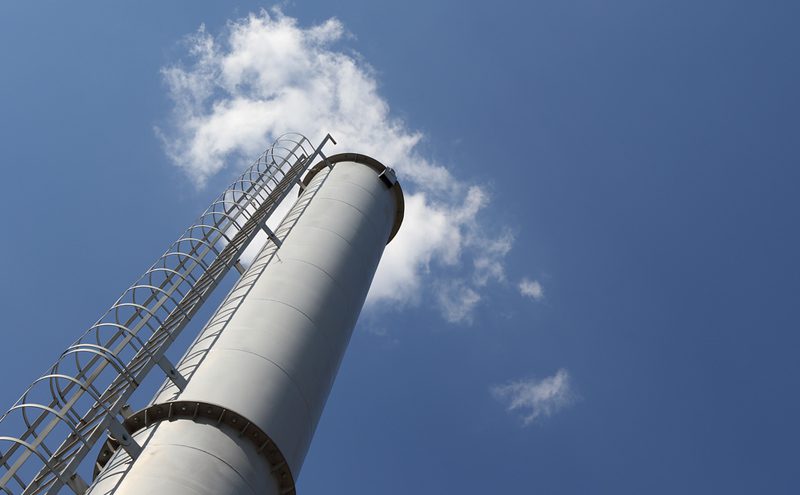
A new whitepaper published by Ricardo aims to provide step-by-step guidance for industry on how to secure positive outcomes from the development of Best Available Technique Reference Documents (BREF) and Best Available Technique (BAT) Conclusions – legally binding documents which define emission limits for industrial installations in the EU.
The whitepaper, Engaging with the BREF process, is authored by Ricardo’s industrial emissions team, and is one of the only publicly available guides on how to engage effectively with the BREF development process.
It provides a robust framework that industry bodies and individual companies can follow when collecting and submitting evidence in support of BREF development. It aims to help industry groups to secure outcomes from the BREF development process which are proportionate to their sectors but effective in protecting the environment and the health of the EU’s population.
Under the Industrial Emission Directive, industrial installations in the EU that produce harmful emissions must operate under environmental permits. These specify emission limits based on best available techniques for specific sectors.
Permit conditions are developed following an intense information exchange process between industry groups, policy makers and NGOs, which culminates in the publication of sector specific BREFs. Industrial installations must implement the BREF requirements set out in the BAT Conclusions for their sectors within four years of publication. The whitepaper draws on Ricardo’s experience supporting trade bodies and companies – as well as national governments and the European Commission – to contribute productively to this process and ensure that sector specific characteristics are considered during BREF development.
“Industry plays a critical role in supporting the attainment of the EU’s environmental goals across all media and it is important that industry groups, trade bodies and businesses engage with the BREF process as early as possible,” said Ben Grebot, head of Ricardo’s industrial emissions policy team. “The framework we have published supports industry groups to make effective, evidence based contributions to BREF development, helping to secure positive outcomes for their sectors and the environment.”
Ricardo supports businesses and governments around the world to develop and implement emissions and pollution control policy. For more information about Ricardo’s work on Industrial pollution control visit http://ee.ricardo.com/en/air-quality/industrial-pollution-control
To download a copy of the white paper, Engaging with the BREF process, for free, visit http://ee.ricardo.com/downloads/air-quality/engaging-with-the-bref-process.







